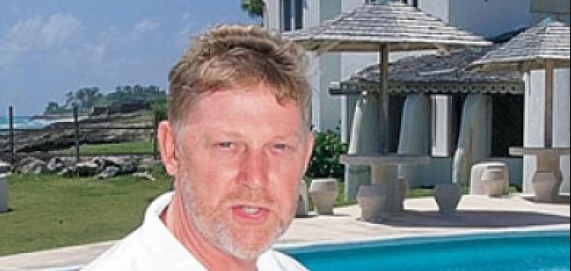
When I hear various vested interests lobby for the greater use of our tourism sector using more locally made and available product, I am a hundred percent behind this concept, but after almost three decades pursuing this ideal, I have to admit that it is not easy as it is made to sound.
It should not take five telephone calls, emails and Facebook messages and over week later still not possible to extract a wholesale price list. With a few notable exceptions many local companies do not even have or maintain a user friendly website and/or allow online orders and payments. Even when they do, so often you place an order, which sometimes is acknowledged and when the goods are not delivered in a timely manner, you chase and are told that the supplier is out or stock.
With so much speculation about the fragility of our economy and the frequent discussion about the possibility of devaluation, I would have thought that our local manufacturers and distributors would have gone into hyperdrive to fully exploit the increase in visitor arrival numbers and dramatically update their way of conducting business.
What also appears to frequently happen, is that companies will place what can only been deemed as expensive ‘ads’ either in the printed or online media and then when potential buyers respond through the email addresses shown, nothing further is heard.
We all understand the challenges of living on a small island, the time it takes to clear customs and the uncertainty of holding predictable sufficient stocks and supplies, but there has to be a better way.
While a direct comparison with giants like the online logistical trader, Amazon, is perhaps unfair, there must be room somewhere in-between to help minimise the time it takes to source, order and receive more locally made products. There is really no plausible excuse because we have the young tech savvy people on our doorstep to make it happen.
Frankly I shudder at the thought of devaluation and the devastating effect that it could have on our tourism sector. With a largely import dependent economy, it would make an already perceived expensive destination beyond reach for people in many of our markets. Perhaps the only saving grace would be to maintain and deposit our accommodation prices in US Dollars to offset inevitable higher operational and consumable costs.
But my guess this would only greatly increase what is already an alarming practice of collecting and processing payment offshore thereby further reducing Government revenue collection, notably VAT and corporation tax.
It must be clear that this has led to the disparity of higher arrival numbers and reduced on-island spending.
Our already nervous banks must realise that tourism and its ability to generate and maintain inflows of foreign exchange is the only possible way of eventually extracting ourselves out of the current fiscal malaise.





Leave a Reply to Vincent HaynesCancel reply